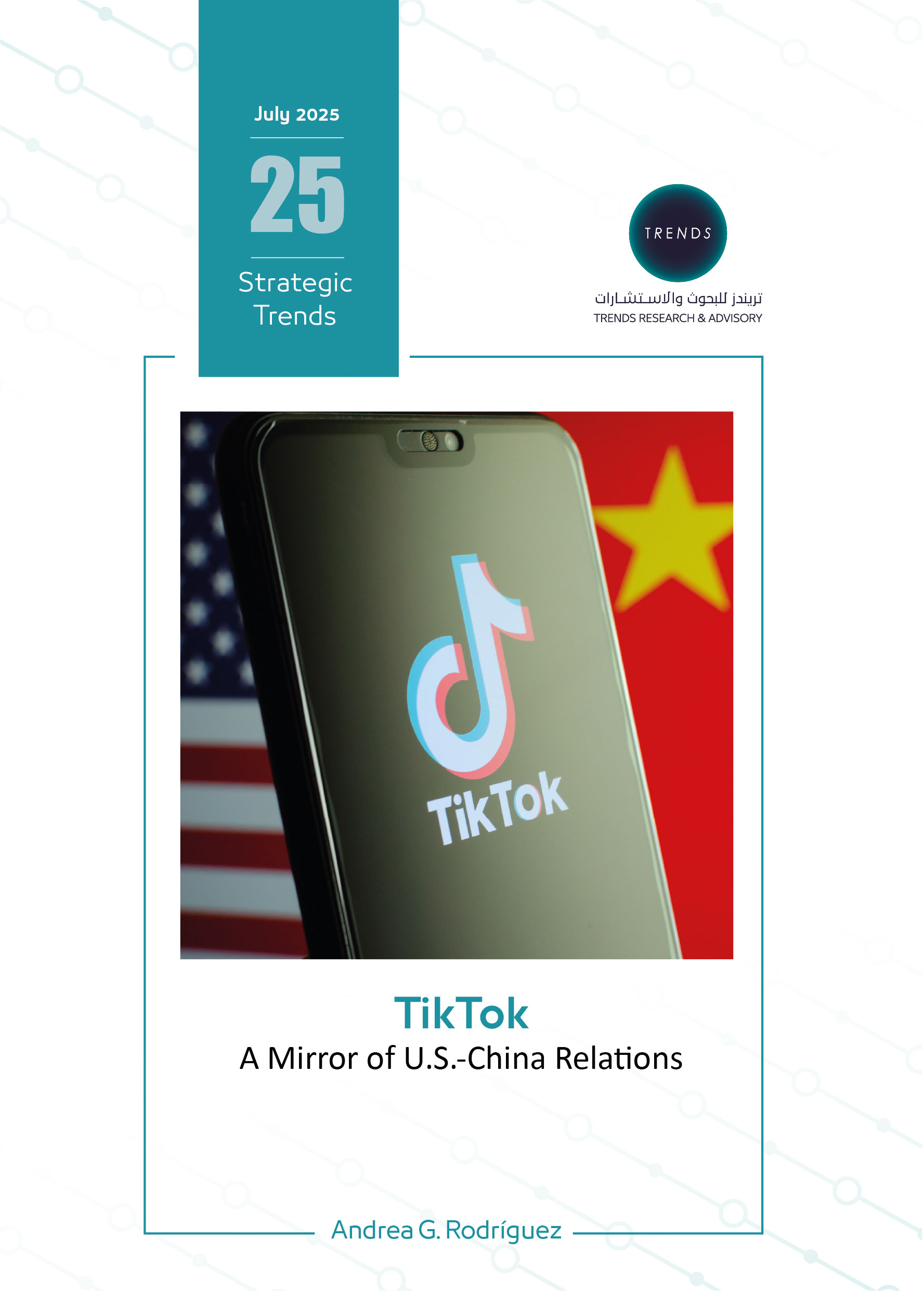In the 21st century, the digital space has emerged as a central arena for geopolitical competition, reshaping the contours of great power rivalry. Great power competition sees the digital space as a new battleground. As technological innovation accelerates, the rise of China as a technology powerhouse has profoundly influenced its relationship with the world, particularly its relationship with the United States.
Historically, dominant digital platforms have been predominantly American, symbolizing U.S. supremacy in research and development and on key technology markets, shaping the digital space around American technology and values. On top of that, BigTech dominance of the online space has been fundamental to sustaining the economic growth of the United States, with millions of dollars being brought in and invested into the American digital economy.
However, the release of TikTok by ByteDance in 2016 and its meteoric expansion to over 1.5 billion global users by 2025 marks a significant shift in this landscape. TikTok’s rapid adoption across diverse geographies—including Southeast Asia, Europe, the United States and Canada, Africa, the Middle East, and Latin America—has created a new frontline in the contest for digital influence. This phenomenon underscores how platforms can serve as instruments of cultural and economic power, amplifying China’s soft power ambitions while challenging U.S. dominance not only on the tech front but as a geopolitical hegemon.




